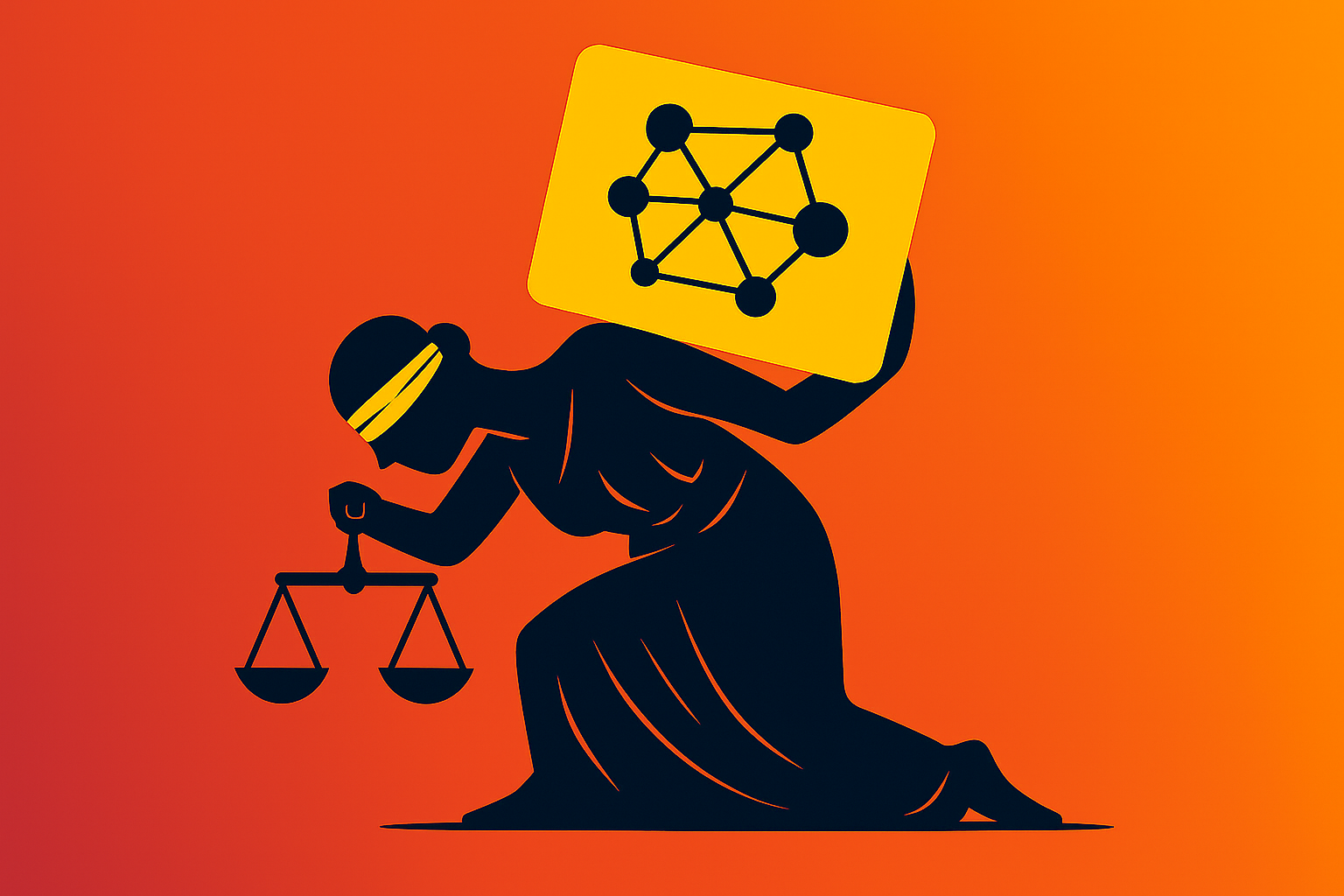German court deepens the split on AI and copyright with its latest ruling

Just days after a major copyright ruling in the UK, a Munich court took a sharply different path, highlighting how unsettled the rules around AI and copyrighted content still are.
Late last year, GEMA, Germany's main music rights group, sued OpenAI for allegedly reproducing copyrighted song lyrics in ChatGPT without a license or paying the writers. The Munich Regional Court has now mostly sided with GEMA, granting requests for an injunction, disclosure, and damages. The ruling isn't final yet.
The case centers on song lyrics by nine well-known German writers, including popular songs that are widely recognized in Germany. GEMA argued that OpenAI's models memorized these lyrics and could reproduce them almost word-for-word when prompted.
OpenAI countered that its language models do not store specific pieces of training data, but only learn general patterns. The company claimed any copyright issues fall under text and data mining rules.
When does a model count as a copy?
The Munich court says it's as soon as the work is in the model's parameters. The court found that the disputed lyrics are reliably contained in the "4" and "4o" language models. Research shows that training data can get memorized inside models and later be extracted as output—a problem, or a feature, known as memorization.
After comparing the original lyrics to the model's output, the court said the similarity could not be explained by coincidence, given the length and complexity of the songs, according to its press release.
For the judges, this was enough to count as copyright-relevant reproduction. The lyrics are embedded in the model's parameters, meaning they're embodied in the model itself, even if only as probability values. The court cited the EU directive on reproductions, which covers works "by any means and in any form, in whole or in part."
In general, companies developing large language models can make copies for analysis under text and data mining (TDM) rules. But the court said this only covers copies needed to assemble a training dataset. If a work ends up embedded in the model itself, as in this case, that's not TDM in the court's view.
AI companies on the hook for what their models output
The court also ruled that the chatbot's responses are unauthorized reproductions and public distribution of the lyrics. The distinctive elements of the songs are recognizable in the output.
Crucially, the court put responsibility on the operators—in this case, OpenAI—not the users. The key point was that OpenAI runs the models, picks the training data, trains the model, and controls both the model's structure and what gets memorized. According to the court's statement, this gives OpenAI decisive influence over what the model produces.
Germany and the UK take opposite sides on model weights
The Munich decision directly contradicts a recent UK ruling, especially regarding model weights. The UK's High Court threw out Getty Images' claim against Stability AI, ruling that an AI model does not count as an "infringing copy" because its weights do not actually contain or reproduce copyrighted works.
So within days, two courts have landed on opposite sides: Munich says defining a work in a model's parameters is enough to count as reproduction. London says model weights only hold learned patterns and features, not copyrighted works.
The bottom line: Germany now treats memorization as grounds for injunctions, damages, and information claims, while UK law does not recognize model weights as infringing copies at all. If you were hoping for a clear answer on AI and copyright, you might want to sit down.
AI News Without the Hype – Curated by Humans
As a THE DECODER subscriber, you get ad-free reading, our weekly AI newsletter, the exclusive "AI Radar" Frontier Report 6× per year, access to comments, and our complete archive.
Subscribe nowAI news without the hype
Curated by humans.
- Over 20 percent launch discount.
- Read without distractions – no Google ads.
- Access to comments and community discussions.
- Weekly AI newsletter.
- 6 times a year: “AI Radar” – deep dives on key AI topics.
- Up to 25 % off on KI Pro online events.
- Access to our full ten-year archive.
- Get the latest AI news from The Decoder.